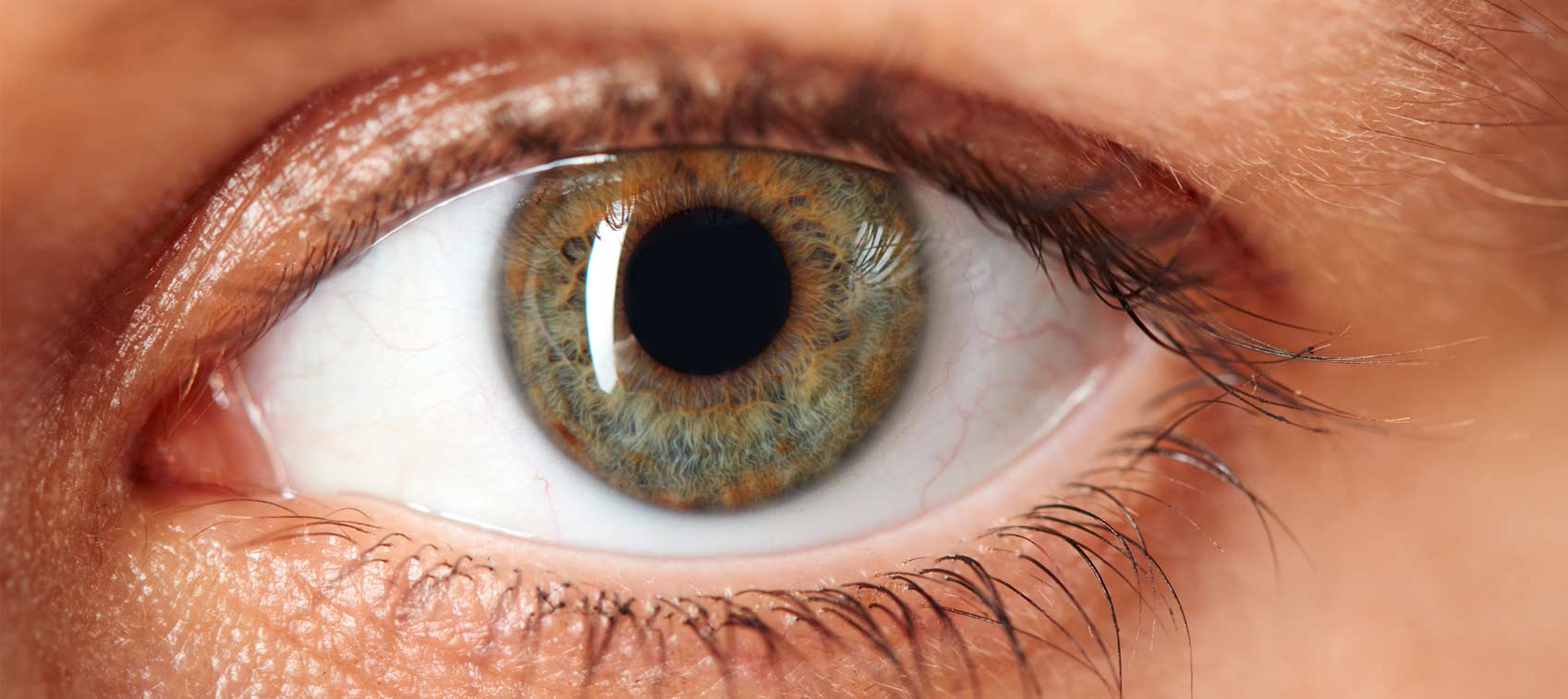
Since 2000, incidence of age related macular degeneration has climbed by 25 percent, diabetic retinopathy by 89 percent, and glaucoma and cataracts by 19 and 22 percent, respectively. This is inexcusable because there are safe, well-studied strategies that prevent, slow, and even reverse these vision problems.
The Power of Lutein and Zeaxanthin
We’ve known about the protective effects of selected nutrients for eye health for decades. But it wasn’t until 2001, with the publication of the Age-Related Eye Disease Study (AREDS), that doctors sat up and took notice. It was the first major clinical trial to demonstrate an effective treatment for decreasing progression of intermediate or advanced age related macular degeneration.
To the medical world’s surprise, it wasn’t a drug or procedure, but high doses of beta-carotene, vitamins C and E, and zinc. Compared to the placebo group, those who had taken the supplement were about 25 percent less likely to develop advanced age related macular degeneration.
A follow-up trial, AREDS2, was also conducted to test additional nutrients, and the undisputed winners were lutein and zeaxanthin. Replacing beta-carotene with lutein and zeaxanthin provided even greater protection.
Of the 600 known carotenoids, only lutein and zeaxanthin accumulate in the retina, especially in the macula, which is responsible for central vision and fine detail. These antioxidants give it a dark yellow color (the macular pigment) that acts like a sunscreen, blocking out damaging blue light and protecting against UV-generated oxidative stress.
Preventing degeneration of the retina and macula is obviously important, and supplemental lutein does just that. Study participants who took 20 mg of lutein daily for one year had significant increases in the density of the macular pigment. Lutein has also been shown to reduce inflammation, eye fatigue, and glare sensitivity and improve light/dark adaptation and nighttime driving.
Finally, lutein and zeaxanthin slowed cataract progression in AREDS2 participants with low dietary intake of these carotenoids.
Blue Light Affects Eyes
Getting enough lutein is more important today than ever. LED lights, compact fluorescent lamps, and smart phones, tablets, computers, and other digital devices emit high levels of blue light—and this may be affecting more than our eyes.
High-energy blue light suppresses melatonin production, and a 2014 study found that low blood levels of lutein and other carotenoids were linked with short sleep duration.
My Recommendations
Changes in the eyes are inevitable with age, but there’s a lot you can do to delay or stave off degeneration. Don’t underestimate the power of nutrition. Eat lots of leafy greens, vegetables, nuts, berries, avocados, and omega-3–rich fish. And everyone should take vision-protective nutrients starting in their 50s, including lutein 20–40 mg, zeaxanthin 2–4 mg, and zinc 25 mg per day.


